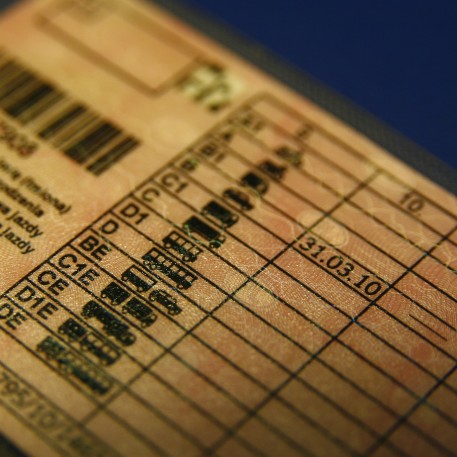
Driving test rules discriminate against foreigners
The Helsinki Foundation for Human Rights urged the Minister of Infrastructure and Construction to amend the rules applying to driving licence examinations for persons who do not speak Polish so that they can be assisted by sworn translators while taking the test part of the exam.
The HFHR has already been dealing with the issue of access to interpretation services during driving tests. The Foundation’s client was a Tunisian national legally residing in Poland. Having exceeded the penalty points limit, he needed to have his driving qualification reassessed. This involved the necessity of passing the state exam for drivers. Unfortunately, the man was not fluent in Polish enough to understand test questions. Moreover, he was unable to take the exam in his native language in Poland or back home in Tunisia. For these reasons, he did not appear at the exam and lost his driving licence.
In its statement, the HFHR noted that the applicable regulations are discriminatory because they prevent foreigners who do not speak Polish from taking the Polish driving licence exam. Although some examination centres offer prospective drivers an opportunity to take the exam in other language, only the most popular languages (English, German) may be selected.
In the opinion of the HFHR the current rules cannot be justified in a rational way, especially given the fact that before 2013 exam-takers were able to be assisted by interpreters. “Now, an interpreter must leave the examination room as soon as the test starts, which means that a person taking the exam cannot use their assistance while performing the test assignments”, observes Marcin Szwed, a lawyer working with the HFHR.
There are concerns that – apart from offering purely linguistic assistance – interpreters may help the exam takers with answering the actual exam questions. The HFHR considers such fears unjustified. “The profession of a sworn translator is regulated in a statute and each translator is obliged to work in an impartial and lawful way. Any dishonesty in performing a translator’s professional duties may result in the launch of proceedings before a professional ethics committee”, HFHR lawyer Katarzyna Wiśniewska emphasises.


26.01.2016
 Cookies EN
Cookies EN